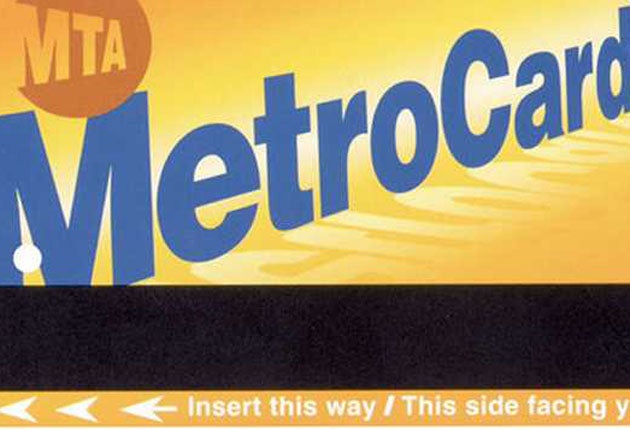Ticket saves suspect from death row
Detective work on digital record backs alibi of man facing murder charge

Your support helps us to tell the story
From reproductive rights to climate change to Big Tech, The Independent is on the ground when the story is developing. Whether it's investigating the financials of Elon Musk's pro-Trump PAC or producing our latest documentary, 'The A Word', which shines a light on the American women fighting for reproductive rights, we know how important it is to parse out the facts from the messaging.
At such a critical moment in US history, we need reporters on the ground. Your donation allows us to keep sending journalists to speak to both sides of the story.
The Independent is trusted by Americans across the entire political spectrum. And unlike many other quality news outlets, we choose not to lock Americans out of our reporting and analysis with paywalls. We believe quality journalism should be available to everyone, paid for by those who can afford it.
Your support makes all the difference.A young man in New York may have been spared a wrongful conviction in a capital murder case thanks to an unlikely ally, the little plastic card that millions in the city use to ride its buses and subways.
The outlook for Jason Jones, 26, was as bleak as it gets when police nabbed him after a federal witness was shot on the streets of the Bronx early one day in May. He told officers what his movements had been that night and they put him nowhere near the scene of the incident. Thus he could not have committed the murder; they did not believe him.
It was a case prosecutors apparently felt confident in, because they had witnesses who had definitively implicated not just Jason but also his brother, Corey. The two men, they said, had been arguing with the victim and calling him a "snitch" when Corey allegedly handed Mr Jones a gun and he opened fire. At trial, prosecutors expected to seek the death penalty.
The words of the witnesses might have been enough to put Mr Jones on death row, but for the quiet sleuthing after Mr Jones' arrest by his lawyers and, in particular, by a retired detective working for them, James Dowd, who set out to prove that Mr Jones's version of his movements on the night in question was the right one.
Various things checked out. He had clocked out from his job as a forklift driver at about 11 pm as he had contended. Mr Dowd also confirmed that Mr Jones had then gone with friends to a cheque-cashing shop, because it had been pay day. The shop had a record of Mr Jones coming in, and a photograph of him standing at the counter.
Even in a city as sprawling as New York, the days when residents could move around it untraced and incognito are long gone. Civil liberties experts decry a trend where nearly our every movement is somehow recorded, not least by hidden cameras. But Mr Dowd, the detective, saw the good side of this Big Brother surveillance, good at least for Mr Jones.
Thus his next stop was the jail – in fact a floating barge on the East River – where Mr Jones had been taken. There he was allowed to sort through the belongings left there, including a wallet and tucked inside an ordinary multi-ride New York Metrocard.
Mr Dowd handed the card to the New York Transit authority with a request that they look up what Mr Jones had been up to on the night of the murder, and the authority confirmed that Mr Jones had told police the truth.
The case is not over yet, but on submission of the Metrocard records, the courts quickly released Jason Jones on bail pending further investigation by the prosecutor's office. His brother, Corey, has similarly been freed on bail. The implications of the case for the legal community are wide. "Electronic evidence has become almost as important as DNA evidence," Mr Dowd told The New York Times.
It did not go unnoticed that when Judge Victor Marrero ordered the release of Corey Jones on bail, he chose a quote from the Greek philosopher Heraclitus: "The river now flowing by is not the same river that passed by yesterday."
It was not clear whether he was referring to the suddenly changed circumstances of the Jones brothers or of the law generally in a time when a bus-card and its invisible digital memory can save a man from death row.
Join our commenting forum
Join thought-provoking conversations, follow other Independent readers and see their replies
Comments